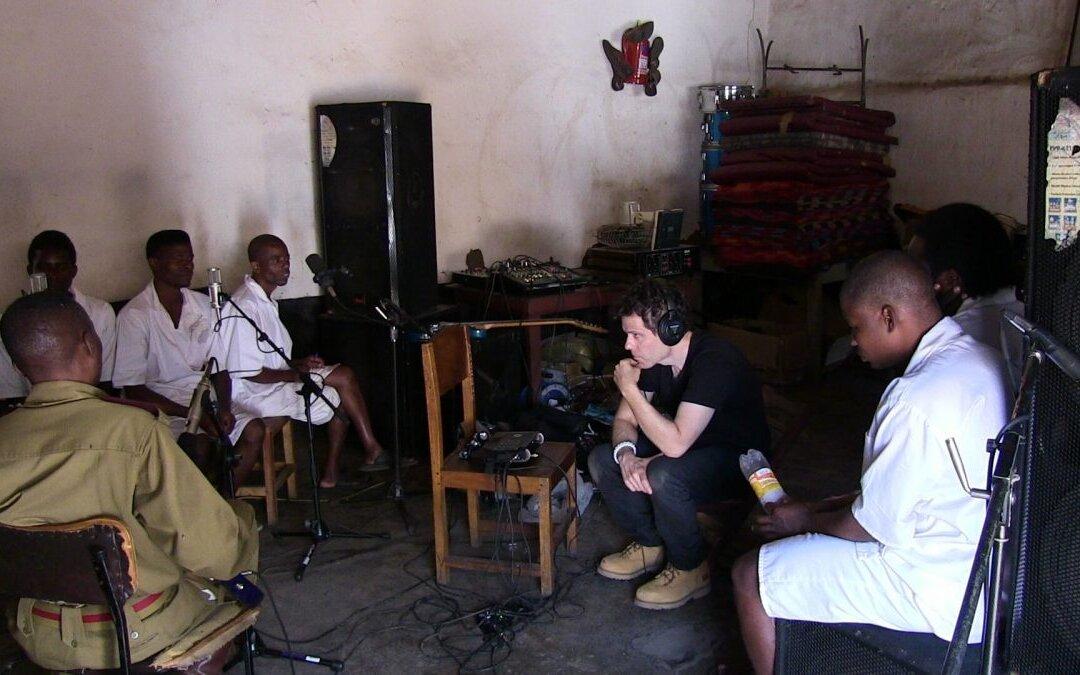Ian Brennan is a music producer who has had a passion for music from an early age, and his career has taken him to many unexpected places as a record producer.
Perhaps one of his most fortuitous productions was the Zomba Prison Project in Malawi.

Ian Brennan is a music producer who has had a passion for music from an early age, and his career has taken him to many unexpected places as a record producer.
Perhaps one of his most fortuitous productions was the Zomba Prison Project in Malawi.